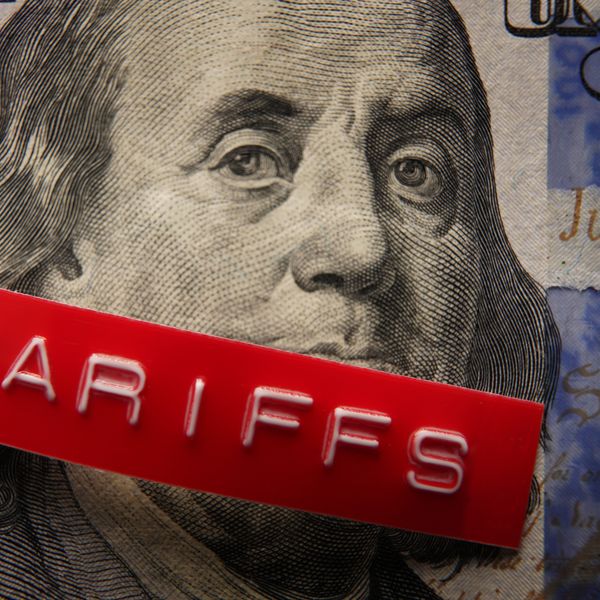Expense Report Abuse: A Sign of Bigger Problems
Expense reporting causes pain for companies and employees alike. They are often a necessary evil, but annoy everyone who comes into contact with them. From the employee who is searching for receipts to the employee who has to verify the expenses, the process is tedious and time-consuming.
But why is this issue related to fraud? You're thinking to yourself, "Sure, employees cheat and steal with expense reports, but isn't the amount lost very small?"
In most companies, yes, the amount lost to employee expense report fraud is relatively small. But the amount lost to this fraud isn't the only consideration. Even more important to the company is what expense report fraud tells them about their employees: If an employee is willing to commit theft via expense reports, he or she might be inclined to commit fraud against the company in other ways.
- Claiming items for which the employee is not entitled to reimbursement
- Exceeding the limits for allowable expenses (sometimes splitting an expense into two or three items to get around the limit)
- Inflating legitimate expenses
- Claiming "cash" expenses to avoid producing receipts
- Taking advantage of a maximum reimbursement allowed without documentation (ex. "losing" a receipt for a $12 meal, and claiming a $25 expense because that is the maximum allowed to be reimbursed for a meal without a receipt)
- Double billing expenses (using a company credit card and then submitting the actual receipt later for cash reimbursement)
- Expensing personal items
attitude toward the organization's money.
Theft via expense reports remains a relatively
insignificant part of a company’s financial picture. For this reason, it's easy for companies to ignore the problem. It probably
costs more to investigate the problem than the actual cost of the
theft. Yet business owners and executives should not lose sight of the
fact that the expense report theft can have larger indirect consequences.
If a company knows that expense report fraud is occurring but is willing to overlook it, employees may be tempted to see what other theft and fraud may be overlooked (or even condoned). Does management really want employees trying to determine how much dishonesty will be tolerated? Is is really wise to demonstrate to employees that some level of theft is okay?
Companies cannot allow employees to independently determine what unethical behavior is acceptable. There must be clear expectations which are regularly enforced. Instances of expense report fraud must be investigated, and action must be taken against the employee. Management must also consider what other fraud schemes the employee could be involved in.
Fostering
ethical behavior in a company often starts with seemingly insignificant issues. When management enforces a zero tolerance policy with predictable regularity, employees are more likely to behave more ethically in general.Demanding
honesty in the expense reporting process is one small part of setting the right tone for employees and creating an ethical corporate culture.
Tracy L. Coenen, CPA, MBA, CFE performs performs fraud examinations and financial investigations for her company Sequence Inc. Forensic Accounting, and is the author of Essentials of Corporate Fraud.



